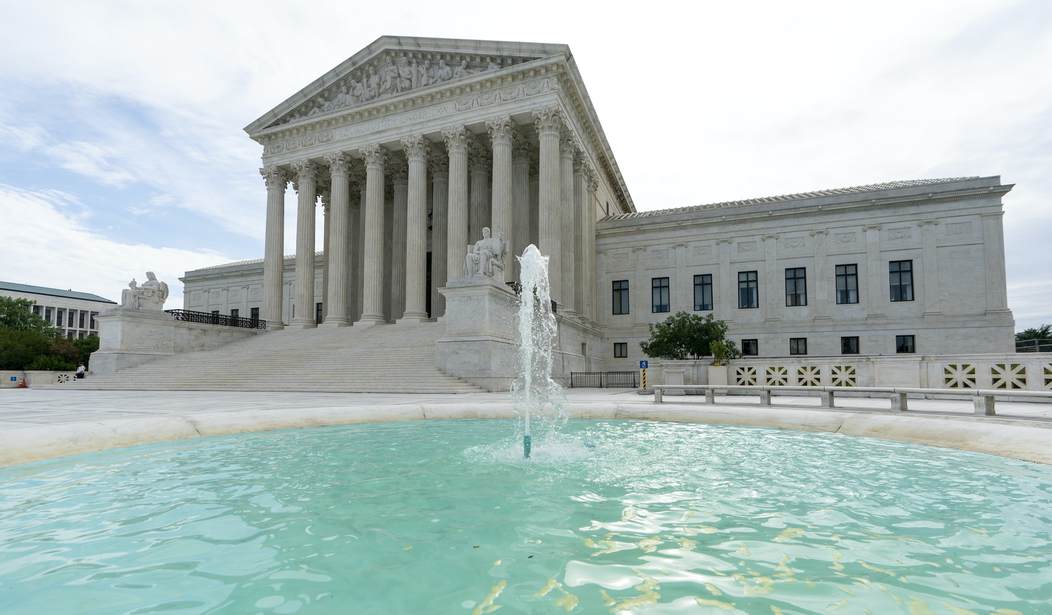The Supreme Court sided with a group of families in Montana that challenged a state law which banned scholarship money from being used toward faith-based schools in Espinoza v. Montana Department of Revenue. The grants were given via donations that were tax deductible. The court ruled that discrimination against non-secular schools is a violation of the Free Exercise clause of the First Amendment, and that although states “need not subsidize private education,” non-secular institutions cannot be discriminated against in the distribution of such subsidies based on religious ties.
Chief Justice John Roberts wrote the majority opinion and sided with the conservative wing of the court.
“The Montana Legislature established a program to provide tuition assistance to parents who send their children to private schools. The program grants a tax credit to anyone who donates to certain organizations that in turn award scholarships to selected students attending such schools. When petitioners sought to use the scholarships at a religious school, the Montana Supreme Court struck down the program. The Court relied on the “no-aid” provision of the State Constitution, which prohibits any aid to a school controlled by a ‘church, sect, or denomination,’ the Chief Justice wrote. “...The Free Exercise Clause, which applies to the States under the Fourteenth Amendment, ‘protects religious observers against unequal treatment’ and against ‘laws that impose special disabilities on the basis of religious status’...To be eligible for government aid under the Montana Constitution, a school must divorce itself from any religious control or affiliation. Placing such a condition on benefits or privileges ‘inevitably deters or discourages the exercise of First Amendment rights...’The Free Exercise Clause protects against even “indirect coercion,” and a State “punishe[s] the free exercise of religion” by disqualifying the religious from government aid as Montana did here.”
Recommended
#SCOTUS rules 5-4 that Montana’s exclusion of religious schools from state scholarship program funded by tax credits violates federal Constitution
— SCOTUSblog (@SCOTUSblog) June 30, 2020
Roberts’ vehement defense of religious liberty and school choice in Tuesday’s 5-4 decision comes after the Chief Justice received a host of backlash for upholding precedent in yesterday’s decision in June Medical Services LLC v. Russo.
























Join the conversation as a VIP Member